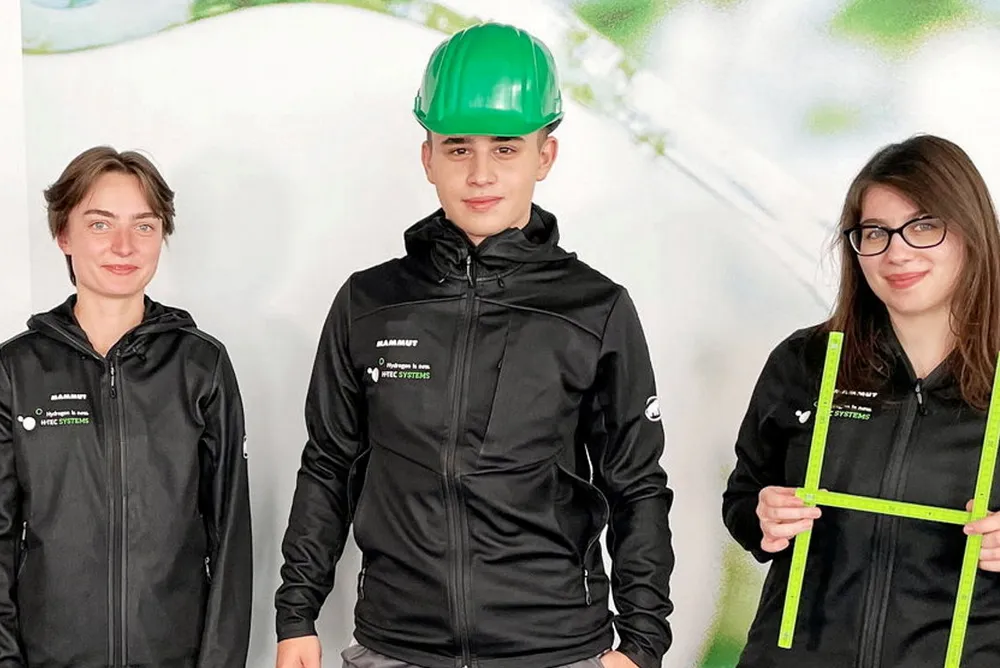At least 100 universities, 500 schools and 5,000 experts | EU unveils funding to help establish a European Hydrogen Academy
Cash will help establish a digitally focused network of educational establishments, courses and materials that would help train an expected 180,000-strong H2 workforce by 2030
